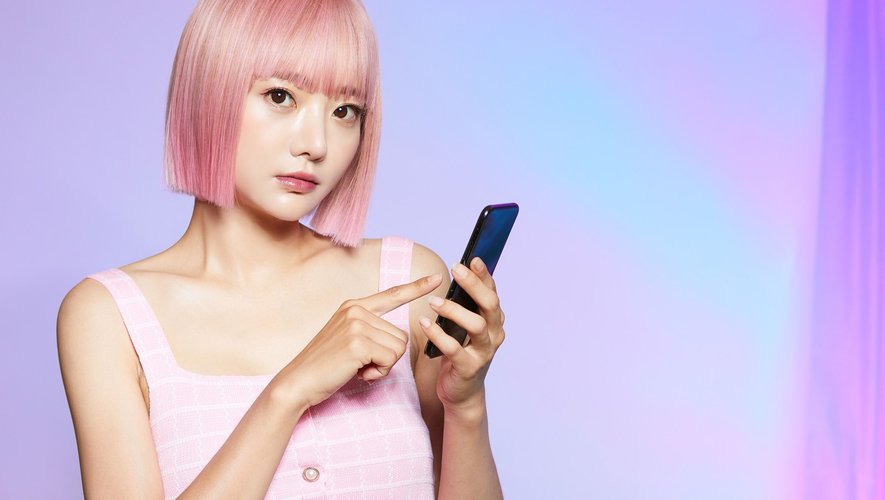(ETX Daily Up) – Transforming consumers into virtual models for an ever more inclusive and personalized online shopping experience: this is the project of three French students who have just won the L’Oréal Brandstorm global innovation competition. At stake ? A new technique combining augmented reality and deepfake that places users at the center of all fittings, without neglecting any skin tone or skin problem, with the most realistic rendering.
The pandemic has clearly reshuffled the beauty cards, now allowing consumers to enjoy a hybrid experience, online and in-person. Far from having deserted the stores, men and women today delight in testing all the new functionalities and new uses offered on e-commerce sites, from skin diagnoses to be carried out in a few minutes flat to 3D printing. from vitamins or personalized food supplements to the most well-known and popular, the virtual fitting. Deployed by many cosmetic brands, the latter makes it possible, thanks to virtual reality, to test all kinds of make-up products online, including foundation, lipstick and eye shadow. A technology that appeals to the greatest number, although some (already) deplore a certain lack of precision potentially linked to poor lighting or an average quality camera.
A finding that prompted three students from ESSEC in Cergy (Val-d’Oise) to push the limits of technology to allow as many people as possible to enjoy an online shopping experience that combines personalization, inclusiveness and realism. . All based on artificial intelligence through an association between augmented reality and… deepfake. Sometimes considered as a threat when they are misused, sometimes as an innovation, these hyper-realistic photo tricks allow, in the case of virtual fitting, to propel the consumer to the rank of model to become (really) the face of his own beauty needs and desires. A first that could eventually shake up industry codes, without any problem with data protection regulations since only the user will be able to view the rendering.
A super realistic face
More specifically, the ‘Caring 4 Beauty’ project by three French students, Inès Flammant, Marie Landrevie and Sophie Martinez, consists of using the two aforementioned technologies to allow consumers to upload their photo to e-commerce sites so that their face becomes that of the models they are used to seeing when buying a make-up product, all through the most realistic representation. A technique thanks to which all complexions and all skin problems can benefit from an online fitting without fear of buying the wrong shade or the wrong range of products. Although not yet accessible, this project has enabled the three young women to win the L’Oréal Brandstorm international competition, the results of which were announced from Viva Technology in Paris, for which no less than 30,000 teams from more than 70 countries. Only ten teams were still in contention for the final.
This is a real springboard for these three students who now have the opportunity to take advantage of three months of support with the L’Oréal teams to develop their project at the group’s headquarters. Although it is still only at the project stage, this innovation based on artificial intelligence could still shake up the codes of beauty a little more, and enrich the online shopping experience for consumers. The three young women could not stop there, since they have already thought of improving their concept via machine learning so that, in the long term, users are recommended beauty products according to the characteristics and needs of their previously scanned face. A whole program that again demonstrates the full potential of artificial intelligence to constantly enrich our beauty experience.

